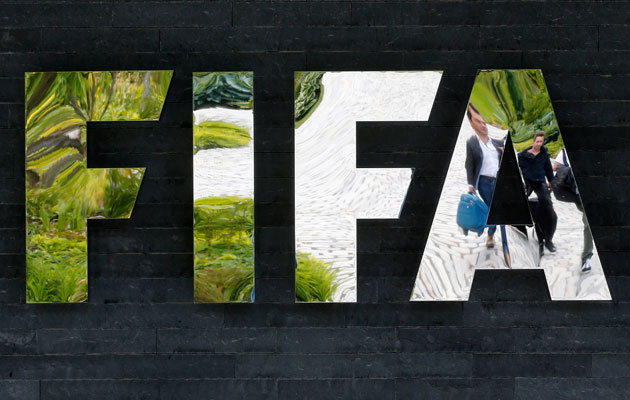FIFA Congress, in a vote by 186-1, today handed president Gianni Infantino the sort of dictatorial powers which his predecessor, Sepp Blatter, never possessed.
The vote, on an apparently simple administrative issue, has blown a massive hole right through the credibility of the independent commissions set up to police the world football federation and prevent its leaders indulging in the illicit excesses of the corruption-laden Blatter regime.
In one day Infantino risks undoing the kernel of the good work which has been accomplished, sometimes in the teeth of fierce establishment opposition, over the past five years.
FIFA’s new council – which means, in effect, Infantino – has acquired the right to sack ethics judge Hans-Joachim Eckert, investigator Cornel Borbely and audit and compliance chairman Domenico Scala.
These have been crucial figures in the clean-up campaign of the past year, able to operate precisely because they were not answerable to the president.
The issue of principle which is thought to have prompted Scala to abandon the congress hall here in Mexico City was this proposal from the Council at the end of an apparently academic list of issues removing and replacing various members of committees:
The Council proposes that the Congress authorise the Council to appoint the office holders for the remaining vacant positions within the respective committees of the judicial bodies, the audit and compliance committee and of the governance committee, until the 67th FIFA congress and to dismiss any office holders of these committees until the 67th FIFA Congress which shall come into effect immediately.
Clearly the crucial words prompting concern were “to dismiss any office holders.” Not ordinary members. But all office holders. The nuances were lost on delegates who enacted the proposal by 186-1.
Infantino, in a news conference after congress, defended the move and urged critics of FIFA to see how the new clause in the governance regulations works in practice.
One problem was that FIFA had been unable over the past year to remove several members of these committees who had been caught up in the FIFAGate and other criminal investigations. But in correcting that issue Infantino and his council risk having moving too far, too fast in the opposite direction.
In defence of the breadth of the change, Infantino said: “We are following a democratic process. If we don’t act we are criticised and if we do act we are criticised but we should also be criticised if we act in the wrong way. Do we wait one year for congress to dismiss committee members who should be changed?
“We need to be flexible to accomplish all the changes. Then let’s see and let’s judge how are the new people on our committees and how they perform in FIFA. So don’t move too fast, wait and see . . . and then judge.”
Earlier Infantino has warned delegates that FIFA would “have no mercy” on anyone misusing ramped-up development grants which have been ramped up from a potential maximum $400,000-a-year to $1.25m-a-year within a tightly-audited, redesigned structure.
Infantino said: “We have six development programmes and 10 budgetary regulations. It’s a mess and it has to be streamlined.” But he warned delegates: “Don’t betray us. Don’t misuse the money or we will have no mercy.”
Infantino also promised to travel soon to Israel and Palestine to follow upon the work undertaken by a monitoring commission led by Tokyo Sexwale who warned specifically about the tangled issue of jurisdiction problems concerning five clubs playing in the so-called ‘contested areas’.
He warned: “If this issue is not solved it will come back as a problem to FIFA at future congresses.”
Congress admitted Gibraltar and Kosovo as 210th and 211th members of FIFA while endorsed suspensions of Benin and Kuwait over governmental interference issues.






